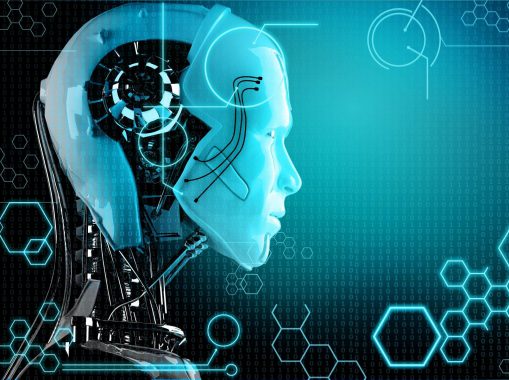Artificial intelligence is not only changing the products and services we provide nor the way we create these products. It has become quite clear that it is also completely reshaping human behavior and leadership.
Whether we realise it or not, some of the high-level decisions that are being taken by people in key positions, be them organization or nation leaders, are already influenced by the evolution of AI, machine learning, NLP, etc. In 2020, artificial intelligence is expected to create 2.3 million jobs and eliminate 1.8 million ones, according to Gartner. Hence, there is no doubt that we need to rethink the way we lead and evaluate people.
What is the extent of AI’s influence on leadership? How are we all going to cope with these technological and functional changes? Who will lead in the robots era? These are only some of the questions researchers are struggling to find the answer to. At this moment, we have too little evidence to paint a clear picture on this, however, we have some opinions we’d like to share with our readers.
Can a robot be a good leader?
The correct and obvious, at least for us, response is no. We are still trying to deal with people that are not good leaders, and, theoretically, they can achieve the “prerequisites”. A leader needs to be emphatic, creative and really good at reading people, qualities that it is said AI systems cannot acquire. And these are only some of the many skills a leader needs to have, that no machine learning or NLP algorithm could reproduce. So, a robot cannot even be a leader, be it a good one or a bad one.
But it could be a good manager. Apart from a leader that can inspire and share a vision, employees also need someone to assist them, give them clear directions and be there when they have questions. When artificial intelligence is integrated into the management role of a business, it helps speed up the processes, saves time for leaders and even eliminates the middle-management positions that sometimes, instead of making things easier, only add to the existing burden and bureaucracy.
Being able to process large amounts of data in a relatively short interval, a machine can multi-task and do so accurately, without getting tired or listing fragmentation as an impediment for the quality of work. Of course, this can only be applied to routine, predictive and repetitive tasks. But this way, employees can actually invest their time and knowledge into something that will bring more business value and more personal satisfaction. Productivity is also bound to increase because people know that much of the mundane activities they need to do on a daily basis have been automated.
WHAT ABOUT THE DECISION-MAKING PROCESS?
We’ve already established that a robot cannot be a leader, but it doesn’t mean it cannot contribute to the development of human leaders.
We know that leaders need to take a lot of decisions, and some of them during “war” time, when the company is in serious trouble. Not all the decision-making processes run smoothly and several psychological studies have indicated that when business leaders have to make multiple decisions across the day, there is an inevitable dip in energy which increases the likelihood for wrong choices. With an AI system, such risks can be mitigated. If fed with the right data and trained correctly, a machine learning algorithm, for instance, can make an infinite number of accurate decisions.
Fully adopting AI technology for the management department is still in the debating phase. Most companies are currently just trying different solutions that might help them with a small set of tasks. For example, in 2018, an independent workforce solutions provider launched a decision analytics platform which uses machine learning algorithms and predictive analytics to help people understand and interpret data scenarios better. Machine learning cannot replace the pragmatic way that humans think and it cannot make logical correlations, but it can help them make more informed, data-driven decisions.
See on the Strongbytes’ blog how can we prepare leaders for the AI era.

